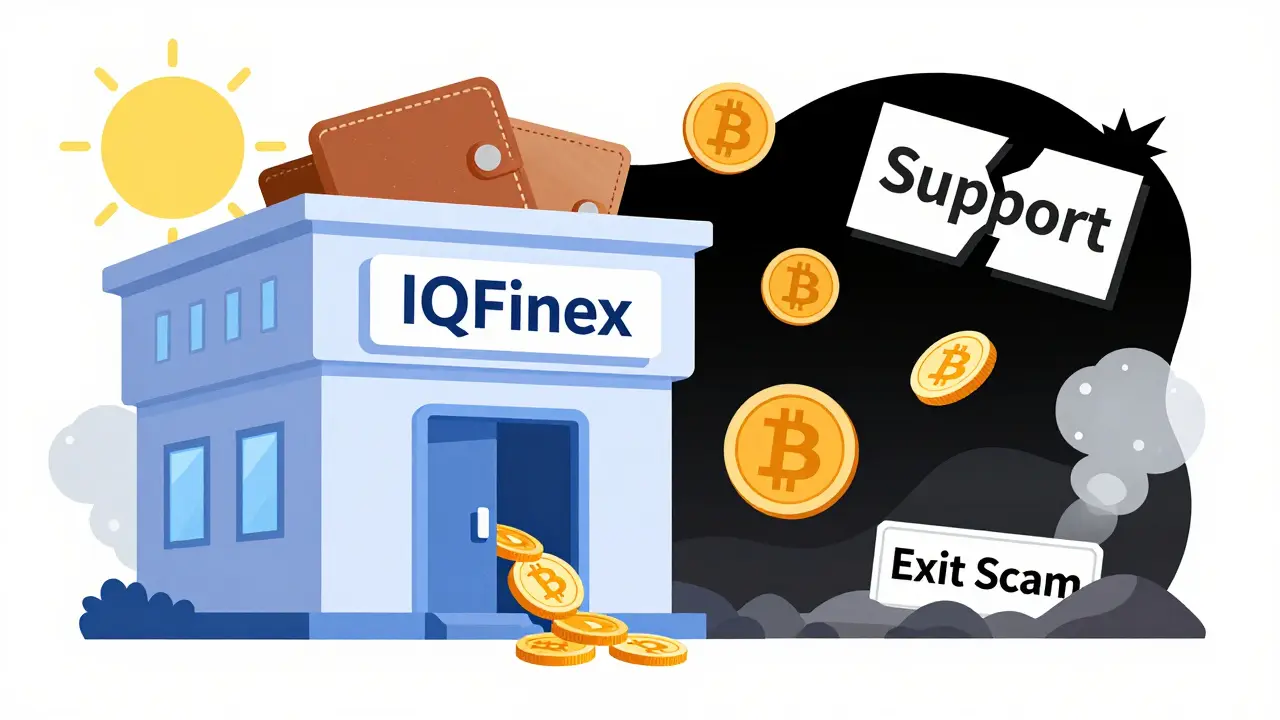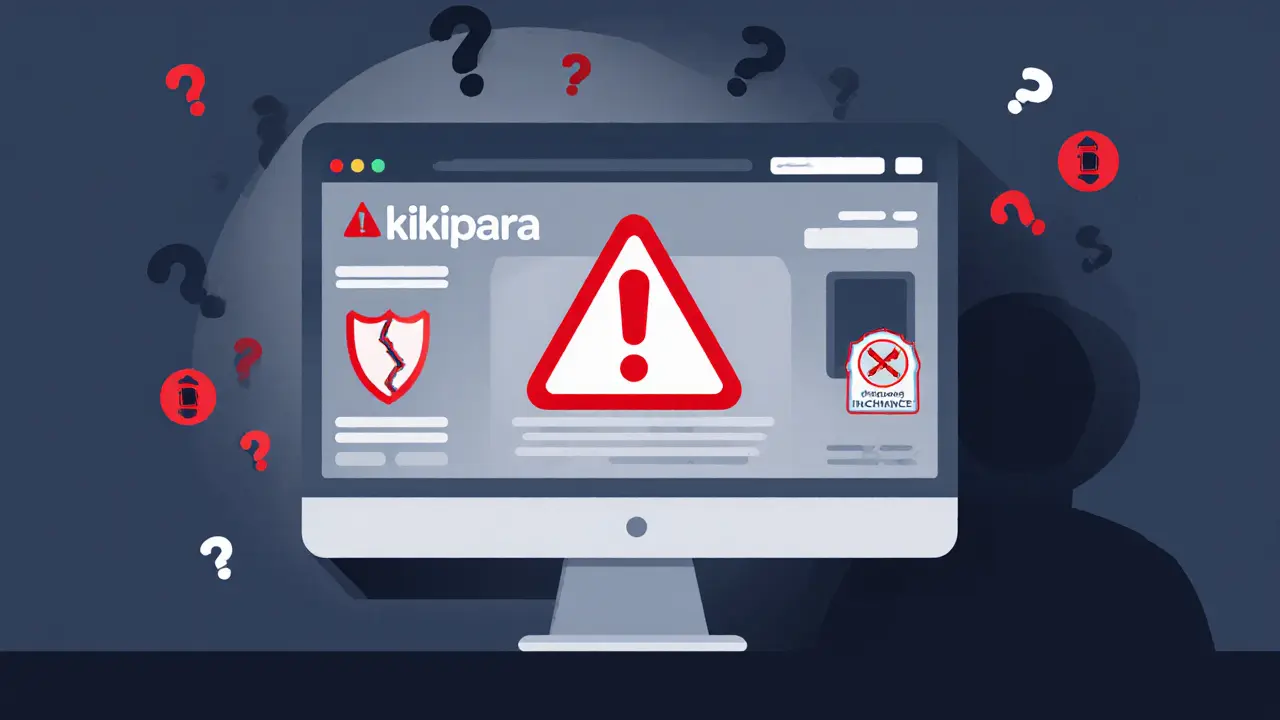Crypto Exchange Scam: How to Spot and Avoid Fake Platforms
When navigating crypto exchange scam, a fraudulent service that pretends to be a legitimate cryptocurrency exchange to steal user funds. Also known as exchange fraud, it often relies on phishing attacks and fake token listings to lure victims. Regulatory warnings also play a key role in alerting traders about suspicious platforms.
A crypto exchange scam is more than just a broken website; it’s a full‑blown deception that promises high returns, zero fees, or exclusive token sales. The scam encompasses fake user interfaces, copied branding, and often pretends to be regulated. By presenting an illusion of legitimacy, the fraudster can convince even seasoned traders to deposit large sums before disappearing.
Common tactics include launching a bogus ICO that claims backing from famous investors, creating a clone of a popular exchange’s login page, and flooding social media with paid influencers touting "guaranteed" profits. Some operators even hack legitimate exchange URLs to redirect traffic. These tricks exploit the fear of missing out and the desire for quick gains, making the scam appear credible.
Spotting red flags is essential. If a platform lacks clear licensing information, offers unrealistic APY numbers (often over 100%), or provides only generic email support, treat it with suspicion. Look for missing contact details, vague team bios, and a lack of independent audits. Scammers also avoid public KYC procedures, allowing users to stay anonymous while they siphon funds.
Protect yourself by verifying the exchange’s registration with local financial authorities, checking for a valid SSL certificate, and cross‑checking the domain name against official announcements. Use two‑factor authentication, keep your private keys offline, and never share login credentials. Trustworthy platforms usually have transparent fee structures, visible order books, and a history of third‑party security audits.
If you suspect a fraud, report it to your country’s financial regulator, file a complaint with consumer protection agencies, and share your experience on community forums like Reddit or the BCRC‑SEA Discord. Early reporting can help authorities shut down the operation and warn other traders before more money is lost.
Our collection below dives deeper into real‑world examples, detailed reviews of suspicious exchanges, and step‑by‑step guides to keep your crypto safe. Whether you’re just starting out or managing a large portfolio, the insights ahead will help you navigate the risky landscape of crypto exchanges with confidence.

